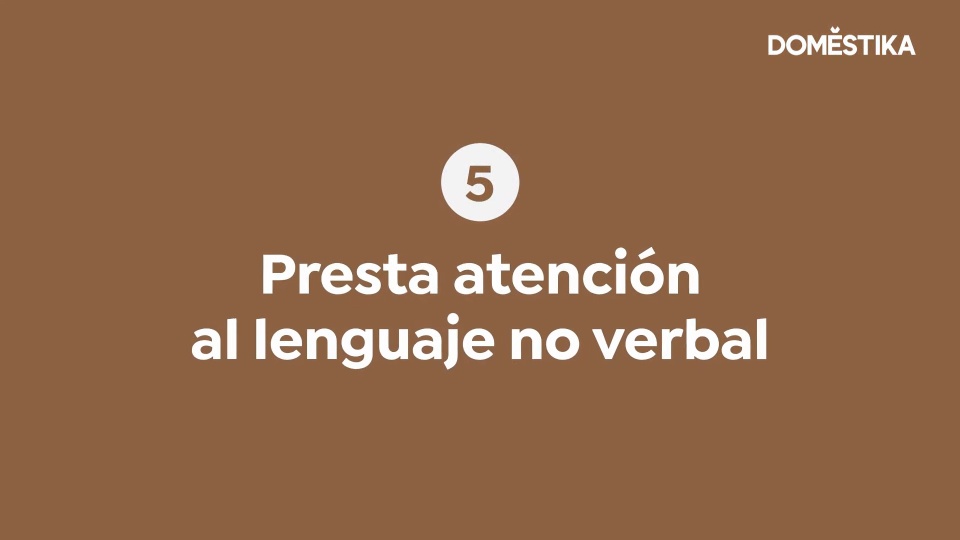Journalism tutorial: 8 tips for a successful interview
Discover some practical tips for conducting journalistic interviews in any format professionally
The interview is one of the most complex journalistic genres and its success depends on external factors, such as who the interviewee is, but above all, it is conditioned by the prior preparation and communication skills of the journalist /b].
Paco Herranz (@pakoherranz) is a journalist and doctor in Information Sciences from the Complutense University of Madrid. In his extensive career in various media, he has covered several war conflicts and has worked as a correspondent in dozens of countries. He has conducted multiple interviews with various public figures and knows very well the keys to achieving a successful result and with journalistic rigor.
In this tutorial, Paco will teach you practical tips and tricks that will help you in the preparation process, during the interview and in editing it. If you have a journalistic vocation and want to learn from one of the best, don't miss the following video.
8 tips for conducting successful journalistic interviews
As the journalist explains below, these are 8 very practical tricks that will help you get interviews with successful results to continue positioning your professional career.

Tip 1: Research your interviewee
To ask interesting questions and, above all, provide new information that is unknown to the interviewee, you need to carry out thorough prior research. The volume of work varies greatly depending on the character, it can be a well-known person with a wide presence in the media, in which case you will have a lot of previous material to examine, or it can be someone unknown to date.

Tip 2: Work on your questions
The personality of both the interviewee and the interviewer and the objective of the interview will determine the type of questions you ask and their order. In addition, you must be very clear the topic of your interview and what information you want to obtain.
An extroverted and direct person can accept more incisive questions at first, while with someone who is shy or reticent, you should start softly and increase the intensity of the questions as they become develop the interview.

Tip 3: Define the format of your interview
Where is the interview going to be published? This question is crucial since the entire process will be conditioned, not only depending on whether it is a written, radio or audiovisual medium, in addition, you must take into account the style, tone and type of content of the medium in question.

Tip 4: Create a structure based on the time available
In an ideal scenario, the journalist would be in charge of defining how much time is invested in the interview, but the reality is that many times you will be conditioned by the interviewee's agenda. In an hour-long interview, you can let the conversation flow naturally, whereas if you only have 15 minutes, you should get straight to the point.
A structure that works very well is to always start with neutral questions that allow you to gauge the attitude of the person in front of you. It is important to know how to adapt to the personality of the interviewee and ask based on how the conversation flows.
Remember that interrupting is not a sign of rudeness. You control the interview and the times and sometimes it is necessary to interrupt to get more precise answers. The opposite may happen to you, the interviewee is too brief and you run out of more questions, which is why it is very important that you always bring extra questions.











0 comments